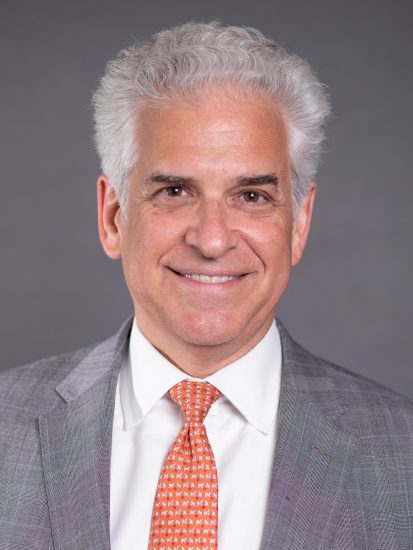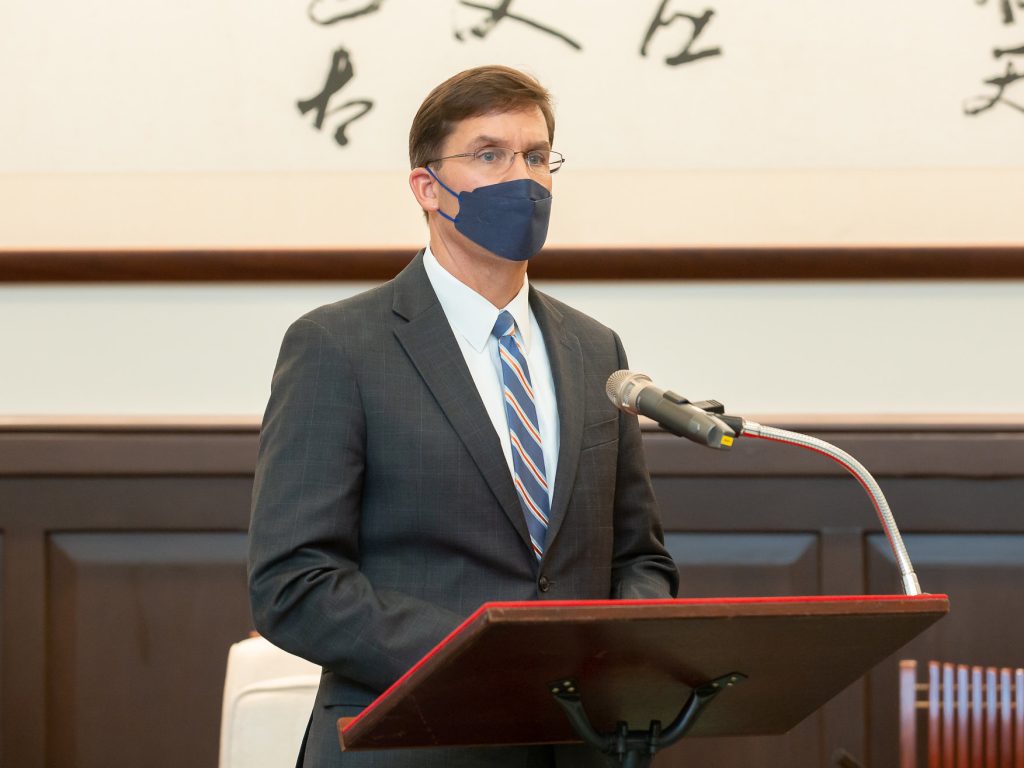Events
All Content
Barry Pavel is a distinguished fellow in, and was previously senior vice president and director of, the Scowcroft Center for Strategy and Security at the Atlantic Council, focusing on emerging security challenges, defense strategies and capabilities, and key European and global defense issues.
Prior to joining the Atlantic Council, he was a career member of the Senior Executive Service in the Office of the Under Secretary of Defense for Policy for almost eighteen years. From October 2008 to July 2010, he served as the special assistant to the President and senior director for defense policy and strategy on the National Security Council (NSC) staff, serving both President George W. Bush and President Barack Obama. In this capacity, Pavel led the development of five of the first eight Obama Administration Presidential Study Directives. He was the initiator and architect of the NSC’s first-ever National Security Priorities Review and a key contributor to the President’s 2010 National Security Strategy. He led the NSC’s oversight of the four Defense Department strategic reviews (the Quadrennial Defense Review, Nuclear Posture Review, Ballistic Missile Defense Review, and Space Posture Review), including the President’s September 2009 decision on European missile defense and all presidential decisions on nuclear policy and posture; co-led the development of the president’s June 2010 National Space Policy; and contributed to the president’s policies on Europe and NATO, Korea, cyberspace, Defense Department operational plans and activities, military family policy, and other matters.
Prior to this position, Pavel was the chief of staff and principal deputy assistant secretary of defense for special operations/low-intensity conflict and interdependent capabilities. He helped Assistant Secretary of Defense Michael Vickers develop policy on the capabilities and operational employment of special operations forces, strategic forces, and conventional forces. His main areas of work covered strategic capabilities policy, including development of the first Defense Department cyber deterrence strategy and better aligning the department’s approach to cyberspace activities and capabilities with defense strategy and policy.
From October 1993 to November 2006, Pavel led or contributed to a broad range of defense strategy and planning initiatives for both the Clinton and George W. Bush administrations. He led the Clinton administration’s development of the Defense Planning Guidance and the defense planning for the first round of NATO enlargement. He also contributed to President Clinton’s National Security Strategies and the 1997 Quadrennial Defense Review (QDR). As the principal director for strategy, he also played a leading role in the conduct of the 2001 QDR, the global defense posture realignment, and the development of the 2005 US National Defense Strategy. Other main work areas included: the Secretary of Defense’s Security Cooperation Guidance and the first Interagency Security Cooperation Strategy Conference; the Unified Command Plan; post-9/11 deterrence policy (including deterrence of terrorist networks and regional nuclear powers); strategies for reducing ungoverned areas; and a long-range planning construct that accounts for trends and “strategic shocks” that could significantly change Department of Defense’s role in national security.
Pavel holds an MA in security studies and an MPA in international relations from Princeton University’s Woodrow Wilson School, and a BA in applied mathematics and economics from Brown University. While at Princeton, he was a founding editorial board member of the Journal of Public and International Affairs. He also served in the Office of the Defense Advisor, US Mission to NATO, and as a consultant to the Congressional Office of Technology Assessment.
Prior to Princeton, Mr. Pavel served in the Strategy, Forces, and Resources Division of the Institute for Defense Analyses (IDA), where he specialized in research on force planning and coauthored numerous IDA reports and publications.
Pavel received a Presidential Rank Award in 2007 in recognition of his career accomplishments. He also has served as a key adviser to policy leadership on civil service professional development and mentorship. He is from Philadelphia, Pennsylvania, and speaks and writes on a wide range of foreign and security policy issues. He also is a member of the Council on Foreign Relations.

